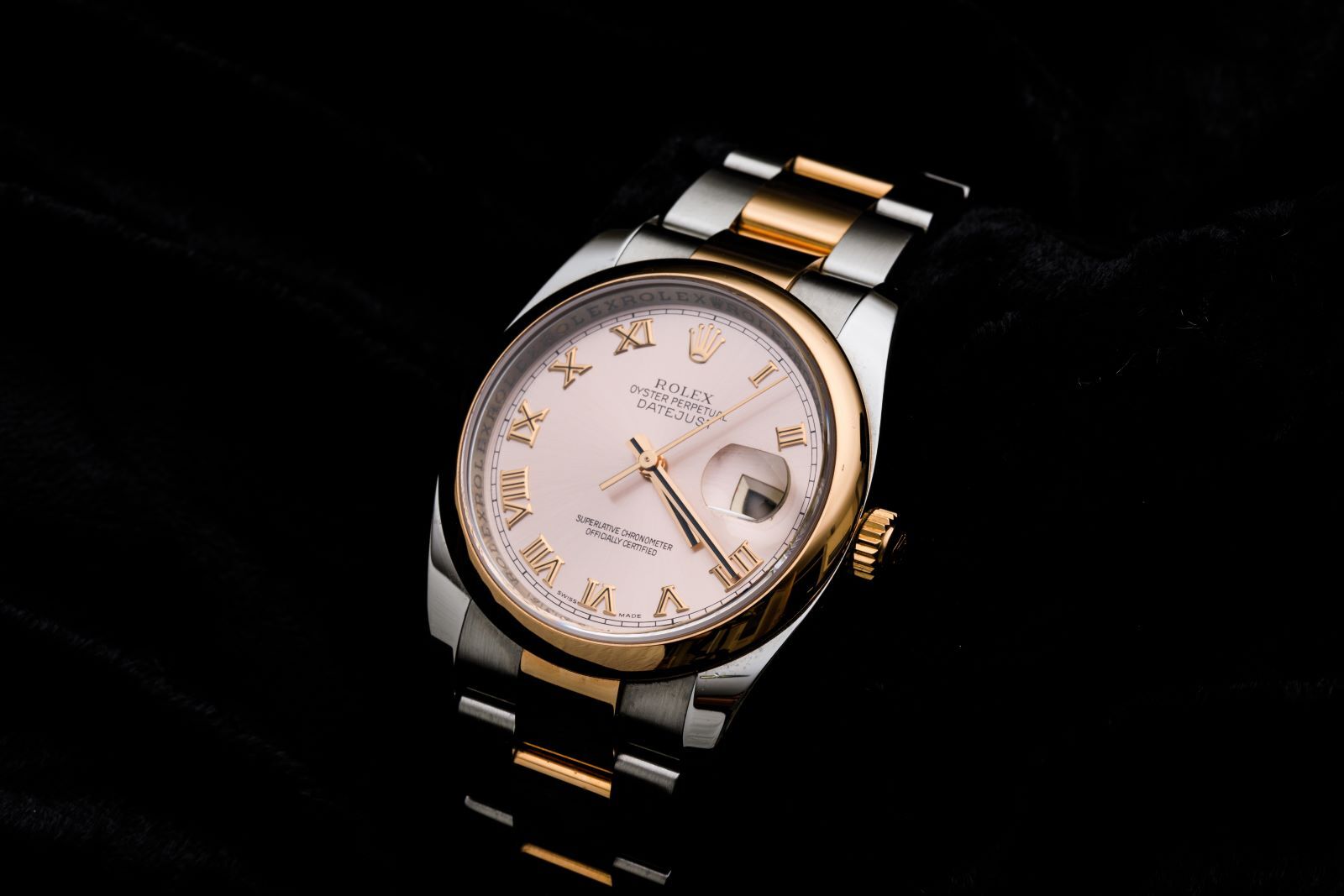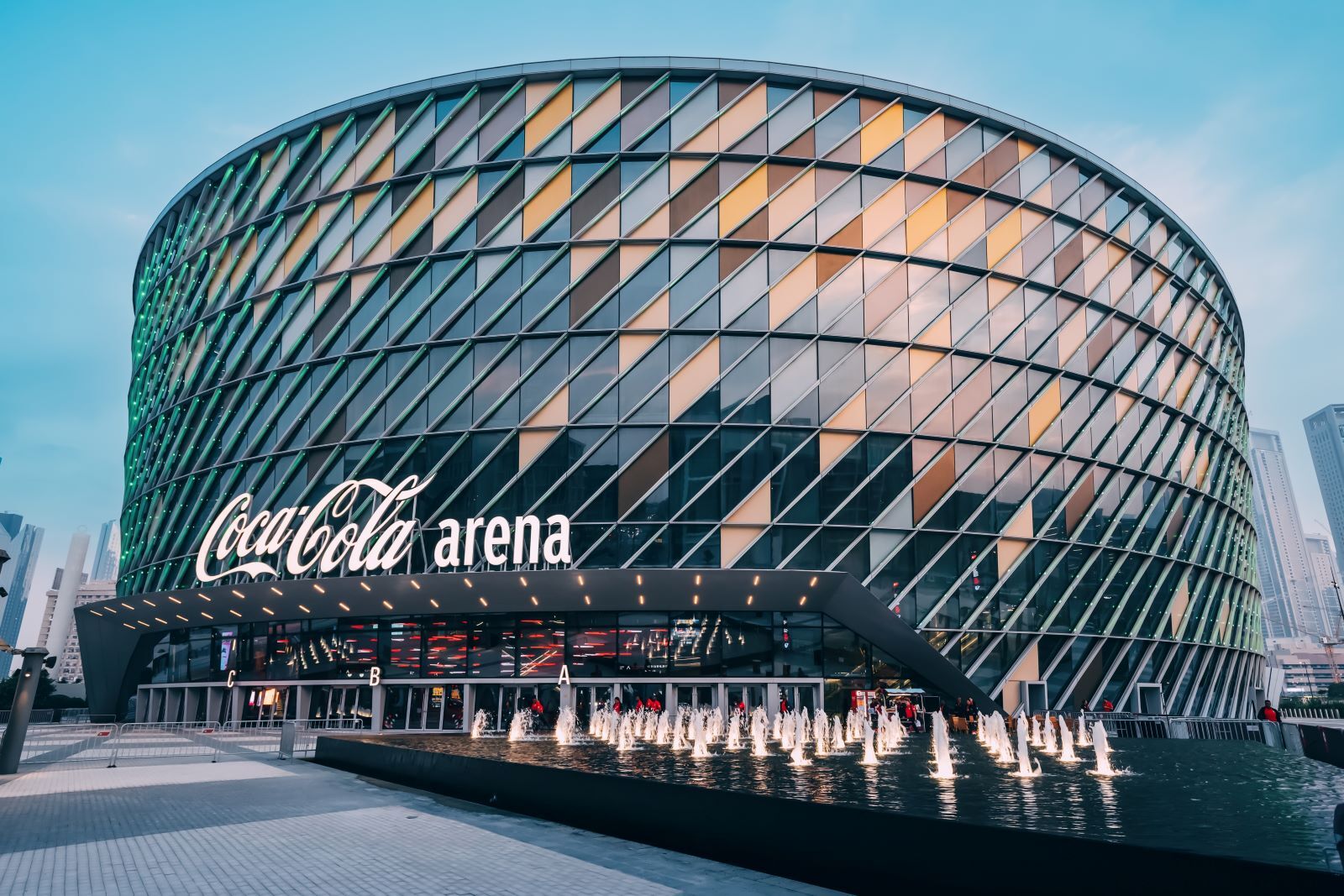A Guide to Freehold Properties in Dubai
Published: 06 June 2023
Freehold property in Dubai revolutionised the real estate landscape in the Emirate, offering unprecedented opportunities for both local and international investors. This article delves into the meaning of freehold property in Dubai, exploring how it has transformed the market and why it is an important factor in the region’s economic growth. Understanding the implications and advantages of freehold property ownership, investors can make informed decisions and capitalise on the many offerings of Dubai’s lucrative market.


History of Freehold Properties in Dubai
Dubai's real estate market introduced freehold properties in 2002, a moment that marked a significant milestone for the UAE’s real estate sector, opening investment opportunities to a global audience.
Prior to 2002, expatriates and non-citizens were only allowed to obtain a 99-year lease on properties. However, the government's issuance of the Freehold Decree transformed the landscape by allowing foreign nationals, aged 21 and above, to buy, sell, lease, and rent properties on a freehold basis in designated areas across Dubai.
Emaar Properties emerged as the first real estate developer to offer freehold properties, sparking a wave of interest and investment from international buyers, and significantly boosting the UAE’s real estate market. The move positioned Dubai as a leading emirate in embracing freehold property ownership, setting a precedent for the rest of the region.
Also Read: Real Estate Valuation in Dubai
What does Freehold mean?
In Dubai, freehold property ownership grants individuals full ownership of the property and the land upon which it stands. When purchasing a freehold apartment or villa, the Dubai Land Department (DLD) registers the buyer's name as the "Landowner" in the registry and issues a title deed for the property, in accordance with property ownership laws in Dubai.
This arrangement provides buyers with a greater degree of control over their investment. With ownership rights extending to both the building unit and the land upon which the property rests, owners have the freedom to renovate and make changes to the structure according to their preferences and vision. This flexibility and autonomy make freehold property ownership an attractive option for investors seeking to customise their living or business spaces to suit their individual needs and aspirations.
Dubai currently hosts over 70 freehold areas, comprising both well-established neighbourhoods and upcoming developments where buyers are presented with unique opportunities for long-term investment and growth. An intriguing aspect of freehold property in Dubai is the streamlined transaction process – the sale of such properties doesn't require state approval and involves less bureaucratic paperwork.
Also Read: What Is Rera in Dubai
Difference between Freehold & Leasehold Properties
The difference between freehold and leasehold properties lies primarily in the ownership structure and duration of ownership rights. In Dubai, freehold property ownership grants non-UAE residents permanent ownership of both the property and the land it occupies.
In contrast, leasehold arrangements entail ownership reverting to the landlord after a specified period, typically 99 years. While leasehold properties grant the right to occupy and use the property for the duration of the lease, ultimate ownership remains with the landlord.
Dubai's government designates specific zones where non-residents can acquire freehold properties, and understanding these nuances is crucial for investors, in regards to their real estate investments. It also provides clarity on the long-term advantages and responsibilities associated with owning freehold property in the city, facilitating proper planning and maximising investment potential.
Also Read: Property Insurance in Dubai
Benefits of Buying Freehold Properties
The acquisition of freehold properties in Dubai presents advantages that resonate with investors seeking long-term stability and growth:
Property Inheritance
Freehold properties offer an enduring legacy, devoid of the constraints associated with fixed lease periods, meaning that your investment can be passed down to your rightful heirs, ensuring preservation within the family for generations.
Freedom of Choice
Freehold property ownership grants complete flexibility, empowering owners to decide whether to sell, lease, or reside in the property, while investors can optimise their strategies and fully capitalise on ownership.
Also Read: DLD Waiver
Visa Benefits
Owning a freehold property opens doors to substantial advantages for long-term visa acquisition. With the introduction of long-term residency visas, freehold property owners can now secure extended 5- and 10-year visas and enjoy the benefits of UAE residency.
Diverse Property Options
Dubai has significantly increased the zones which now classify as freehold and most premium locales in the city offer multiple options to buyers and investors to choose property that suits their profile. Areas that were formerly non-freehold, like City Walk and La Mer, have transformed into freehold property hotspots, further expanding the range of choices for buyers.
Also Read: Selling Property in Dubai
Legal Framework of Freehold Properties
The legal framework governing freehold properties in Dubai is designed to provide clarity and security for both local and foreign property investors, outlining the conditions for ownership recognition and associated rights.
At the heart of Dubai's property law is the Freehold Decree, officially proclaimed as Law No. 7 of 2006. This decree empowers foreigners and expatriates to buy, sell, and own freehold property in specified areas, granting them full property rights.
Property registration in Dubai is overseen by the Dubai Land Department (DLD) which mandates the registration of freehold property, with the Title Deed serving as legal proof of ownership. This systematic approach ensures transparency, maintains an official record, and safeguards ownership rights, facilitating smooth real estate transactions.
This comprehensive legal framework underscores Dubai's commitment to fostering a conducive environment for property investment, inspiring confidence among investors.
Also Read: Property Transfer Procedure in Dubai
Closing Thoughts
Freehold property ownership in Dubai presents numerous advantages for investors seeking long-term stability and growth in the real estate market. Being familiar with Dubai's market dynamics and forthcoming developments enables investors to make educated choices, capitalise on prospects, and gauge a property's market value and investment potential, ultimately maximising returns in Dubai's real estate landscape.



